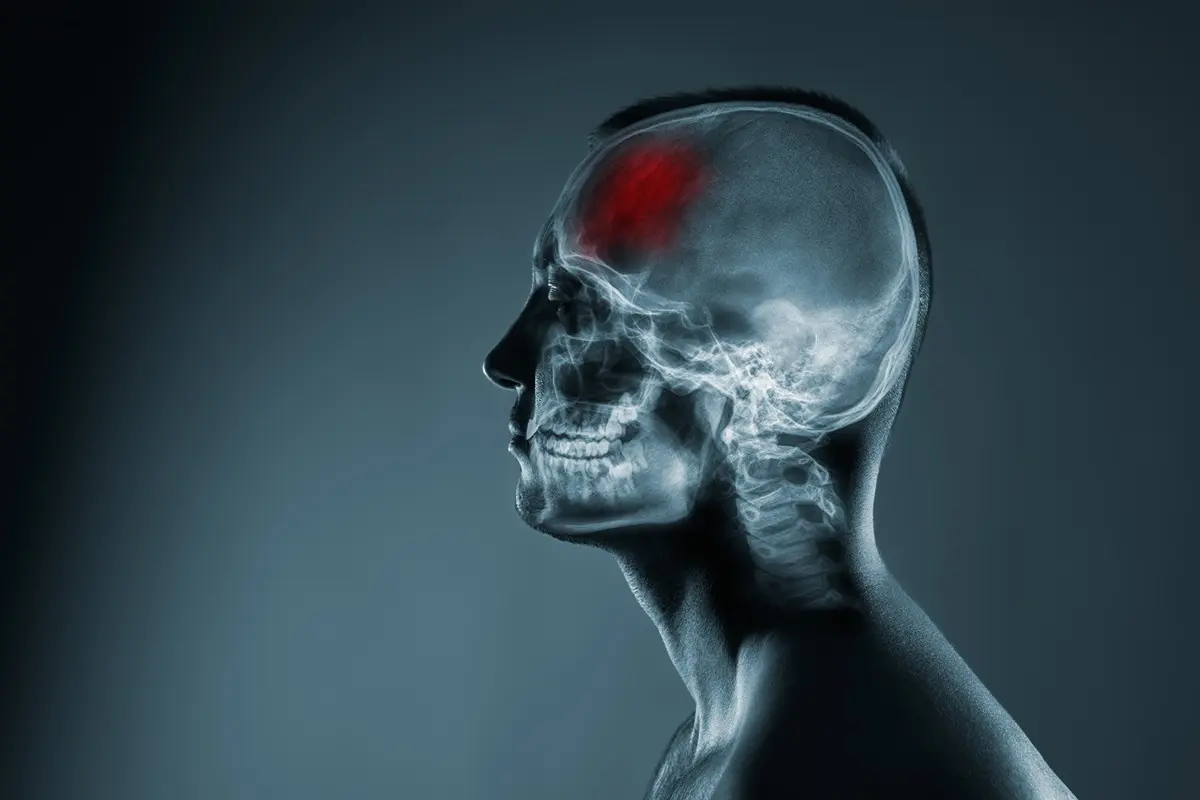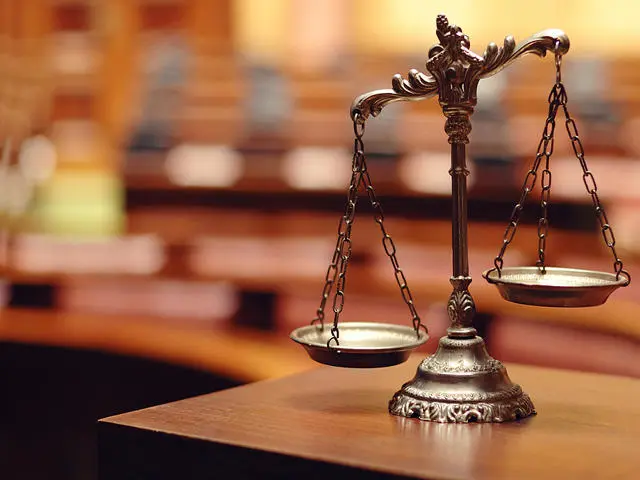What Is a Traumatic Brain Injury?
A traumatic brain injury (TBI) is a disruption in the normal function of the brain that can be caused by a bump, blow, jolt, or penetrating injury to the head. The severity of a TBI may range from mild, such as a brief change in mental status or consciousness, to severe, such as an extended period of unconsciousness or amnesia after the injury.
Common Symptoms of a Traumatic Brain Injury
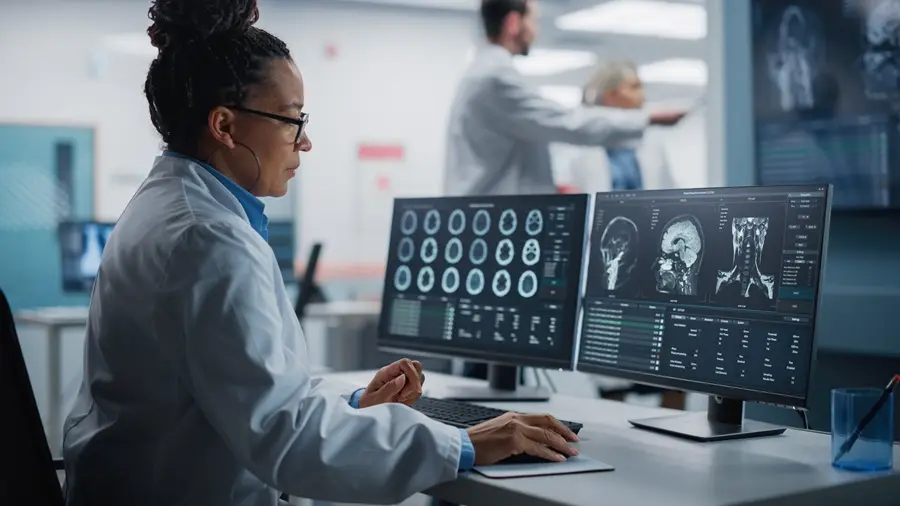
The symptoms of a traumatic brain injury can vary widely based on the nature and severity of the injury. However, they generally fall into four categories: cognitive, physical, sensory, and emotional. Here are some typical symptoms associated with each category.
Cognitive:
- Memory problems
- Difficulty concentrating
- Confusion and disorientation
- Slowed thinking
Physical:
- Headaches or migraines
- Fatigue or drowsiness
- Nausea or vomiting
- Balance issues
- Speech difficulties
Sensory:
- Blurred vision
- Ringing in the ears
- Changes in the ability to smell or taste
Emotional:
- Mood swings
- Depression or anxiety
- Irritability or anger
- Personality changes
The combination of different symptoms of different severities can significantly impact the individual’s daily life and overall well-being.
What Accidents Cause Traumatic Brain Injuries?
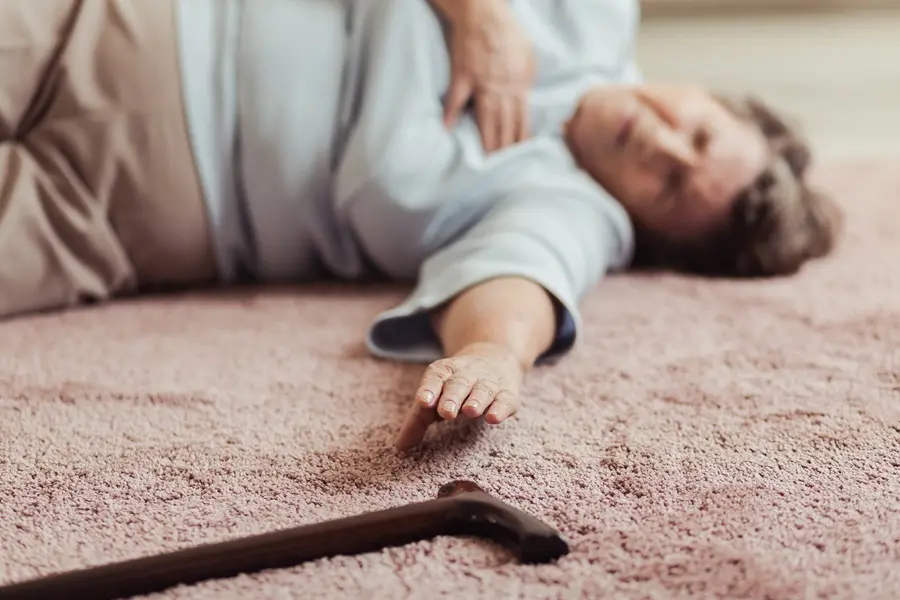
Any number of accidents or incidents can result in a TBI, including the following:
- Motor vehicle accidents: Car crashes, motorcycle accidents, truck wrecks, and pedestrian-vehicle collisions are frequent causes of TBIs;
- Falls: These (including slips, trips, and falls from heights) are a leading cause of TBIs, particularly for older adults and young children;
- Sports and recreation injuries: Contact sports such as football, hockey, and martial arts, as well as recreational activities like skateboarding and bicycling, can result in TBIs;
- Violence: Assaults, gunshot wounds, and other forms of violence can easily produce TBIs;
- Work-related accidents: Occupations that involve working at heights or with heavy machinery can have a higher risk of TBI;
- Child abuse: Conditions like shaken baby syndrome are a particularly concerning cause of TBIs in infants and young children;
- Concussive/blast injuries: Though somewhat rare, explosions or blast injuries experienced during construction mishaps are also potential sources of TBI.
If you suspect that you or someone you know has suffered a traumatic brain injury, it’s crucial to seek immediate medical attention to make a positive diagnosis and begin treatment.

Schedule a Free Consultation with a Brain Injury Lawyer in Jackson
Don't hesitate to contact our legal team after receiving a diagnosis of TBI or another serious injury. Our experienced head injury attorneys will review your case and help you file a personal injury claim.
Contact Brown, Bass & Jeter today to find out what your case is worth.
The Long-Term Effects of a TBI
A traumatic brain injury can present a range of long-term effects, which depend on the severity of the injury, the area of the brain affected, and the individual’s age and overall health.
Some common long-term effects of a TBI can include:
- Memory problems, difficulty concentrating, and impaired problem-solving skills;
- Weakness or paralysis in certain areas of the body;
- Chronic fatigue or sleepiness;
- Changes in vision, hearing, taste, or smell;
- Mood swings, irritability, and anxiety;
- Depression and feelings of sadness or hopelessness;
- Changes in personality and social behavior;
- Problems understanding spoken or written language;
- Increased risk for developing conditions such as Alzheimer’s disease, Parkinson’s disease, and other neurodegenerative disorders.
The lasting effects of a TBI can have a profound impact on an individual’s daily life, relationships, and ability to work.
Compensation Available to Brain Injury Victims in Jackson, MS

Under Jackson law, a person who’s suffered a traumatic brain injury due to another party’s negligence or wrongdoing may be eligible for compensation. The types of compensation available to brain injury victims can include the following.
Medical expenses:
- Cost of emergency medical treatment
- Hospitalization and surgery costs
- Rehabilitation and therapy expenses
- Future medical care and treatment costs
Lost wages:
- Lost income due to time off work
- Loss of future earning capacity if the injury affects the victim’s ability to work
Pain and suffering:
- Physical pain, emotional distress, and mental anguish experienced as a result of the injury
Disability and disfigurement:
- Any permanent disability or disfigurement resulting from the injury
Loss of enjoyment of life:
- Diminished enjoyment or quality of life due to the injury
In some cases, punitive damages may also be awarded to punish the negligent party and deter similar behavior in the future.
The specific compensation available will depend on the specific circumstances of the case, including the severity of the injury and the impact it’s had on the victim’s life. Consulting an experienced brain injury attorney in Jackson, MS, can help you understand your rights and the compensation you may be eligible to receive.
How Can I Prove that Negligence Caused My Traumatic Brain Injury?
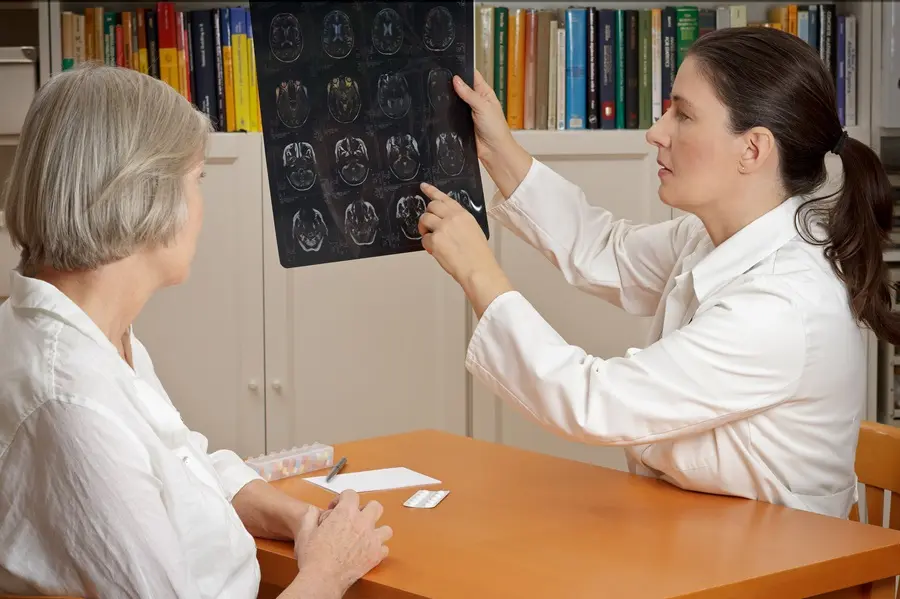
To prove that negligence was the cause of your traumatic brain injury, you must establish four key elements:
- Duty of care: First, you must demonstrate that the defendant owed you a duty of care, which means they had a responsibility to act in a way that would prevent harm;
- Breach of duty: Next, you must show that the defendant breached their duty of care by acting negligently or failing to act as a reasonable person would in a similar situation;
- Causation: You must also indicate a direct link between the defendant’s breach of duty and your TBI; this involves showing that the injury wouldn’t have occurred if not for the defendant’s negligence;
- Damages: Lastly, you need to demonstrate that you suffered damages as a result of the TBI, such as medical bills, lost wages, pain and suffering, etc.
Gathering evidence is crucial to proving negligence. Evidence of TBIs and other head injuries can include:
- Medical records: Documentation of your injury and the treatment you received;
- Witness statements: Testimonies from people who saw the incident occur;
- Expert testimony: Opinions from medical experts, accident reconstruction specialists, or other professionals;
- Photos or videos: Visual evidence of your injuries or the accident scene;
- Police or incident reports: Official paperwork showing that the accident occurred.
A knowledgeable personal injury attorney can guide you through the process of gathering evidence and building a strong case.
